The Best Books from 2024
By Bartolomeo SalaDrafting a reading list is one of those exercises that always come tinged with some regrets. For every book that you decide on including, there are two or three that with the privilege of hindsight you feel should have been afforded the same sort of consideration. Here then are some of my highlights of the year: those that I’ve written about previously in my monthly column, plus a few titles I left out of my but in retrospect have come to define the literary landscape of the past year.
I’ll see you again in 2025. Happy reading this holiday season.
ORBITAL, Samantha Harvey

Jonathan Cape, pp. 144
Winner of this year’s Man Booker, Orbital by Samantha Harvey is a “contemplative” sci-fi in the best sense of the word. It follows six astronauts as they rotate around the earth at vertiginous speed while observing passages across borders and time zones, but the real subject, as it happens, is our planet in all its beauty and fragility.
In their speech, Booker’s judges note Harvey’s ability to “make our world strange and new for us”, and the effect is somehow akin to that sublime, undefinable, somewhat self-diminishing feeling one gets by pausing for a second and taking in the starry sky at night.
PRIVATE REVOLUTIONS: COMING OF AGE IN A NEW CHINA, Yuan Yang
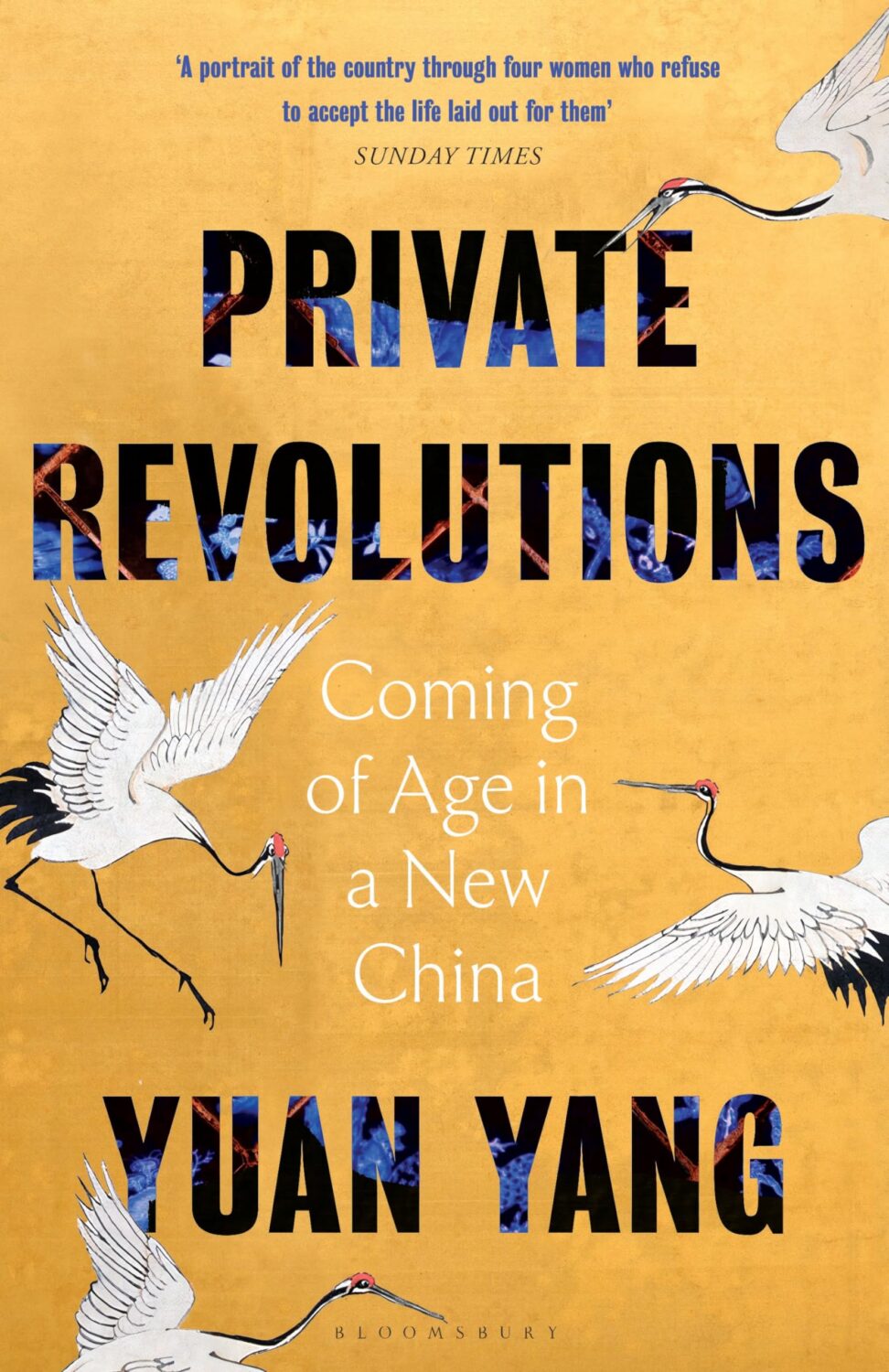
Bloomsbury Circus, pp. 320
There is plenty of non-fiction offering a general theory of China modern history. Much rarer are narratives that, in Yuan Yang’s own words, operate “at the scale of an individual’s interior life”.
Private Revolutions: Coming of Age in a New China rectifies this wrong by following the lives of four “millennial” women whom the author met during her time as a Financial Times correspondent as they make a life for themselves while overcoming the obstacles placed in their way.
Insightful and balanced, it is a brilliant read and a great primer into a society often misunderstood and misrepresented.
FERVOUR, Toby Loyd
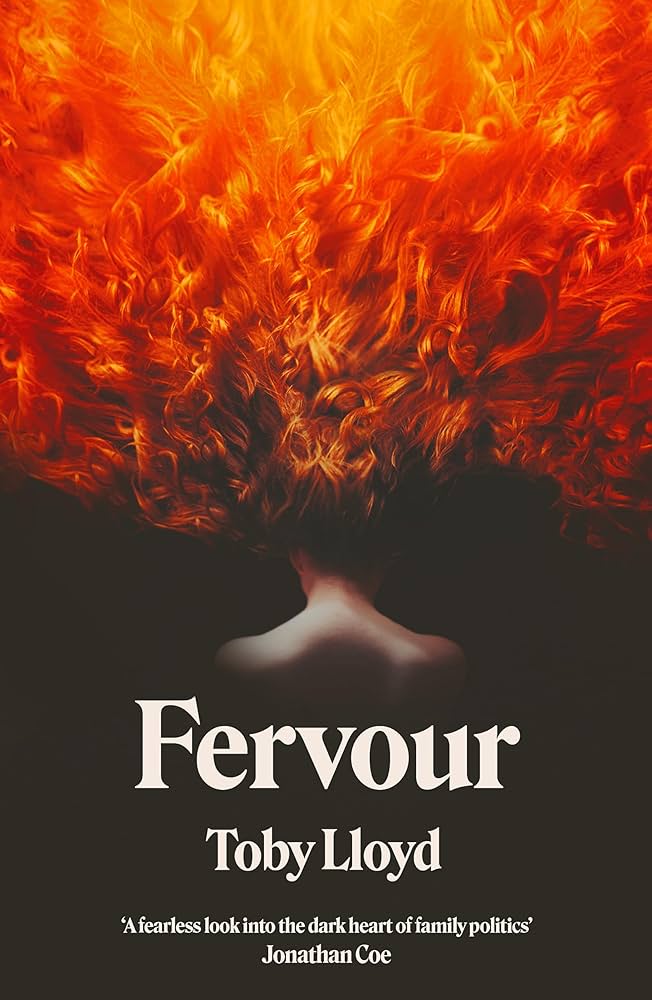
Sceptre, pp. 320
This is the first of a couple of debuts that didn’t necessarily get the same attention as some of the other prize-winning titles on this list, but that will nevertheless have a long shelf life. Fervour mixes dark comedy and horror to deliver a story that is ultimately a parable on Jewishness, and how sons are often destined to pay for their fathers’ sins. It has as much in common with Shiva Baby as it does with a Philip Roth novel, so if family dysfunction is your thing, look no further.
THE BORROWED HILLS, Scott Preston
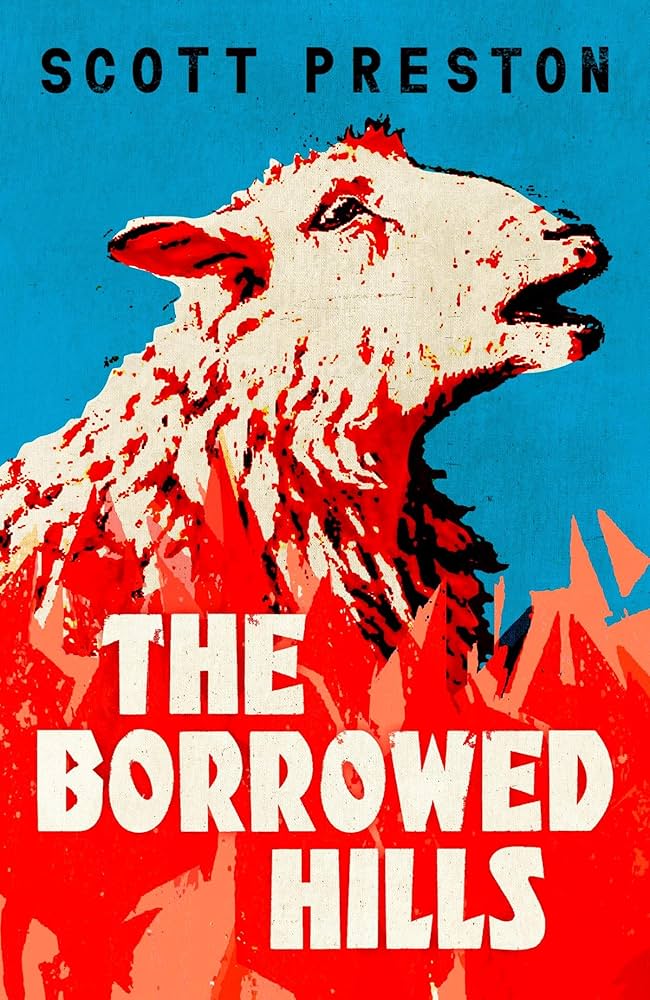
John Murray, pp. 272
Telling the story of the unholy alliance of two sheep farmers turned outlaws at the outbreak of foot and mouth disease in the early 2001 – The Borrowed Hills might be set in the Cumbria immortalised by Wordsworth but it reads rather like a Cormac McCarthy neo-Western.
Appetite for this genre of literary fiction – at once male-coded and sometimes highfalutin – seems to be at an all time low, but this is truly a terrific debut steeped in an alternative version of the Lake District, not as charming holiday destination but rugged, thankless frontier.
ALL FOURS, Miranda July
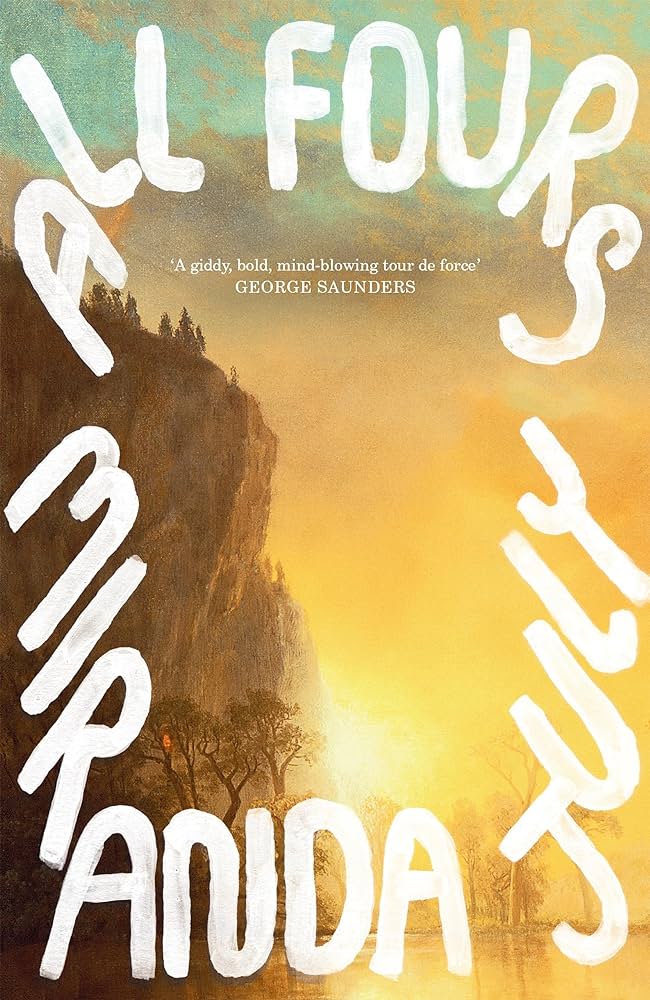
Canongate, pp. 336
“A giddy, bold, mind-blowing tour de force,” per the blurb by George Saunders that graces the beautiful cover – All Fours by polymath Miranda July belongs to a growing canon of fictions about middle-aged, nominally well-adjusted women going off the rails.
All of this to say that we have seen where this goes before, and yet there is something about the voice of the narrator and the insouciant and bizarre humour that runs through it, that makes this book absolutely singular. Not to be missed.
QUESTION 7, Richard Flanagan
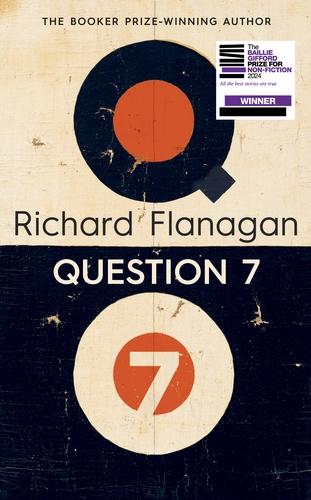
Chatto & Windus, pp. 288
Described as “a stone cold masterpiece” and “completely original” in the way “it deals with the meaning of life” by the judges that adjudicate the award – the winner of this year’s Baillie Gifford Prize for Non-Fiction Question 7 is truly a one-of-a-kind feat.
Out of various, even disparate threads – both biographical and historical – it weaves together a story that riffs off the big questions of existence, and reflects the decisive if often downplayed role that sheer circumstance – the dices of history rolling one way or another – plays on of one’s biography.
MOURNING A BREAST, Xi Xi
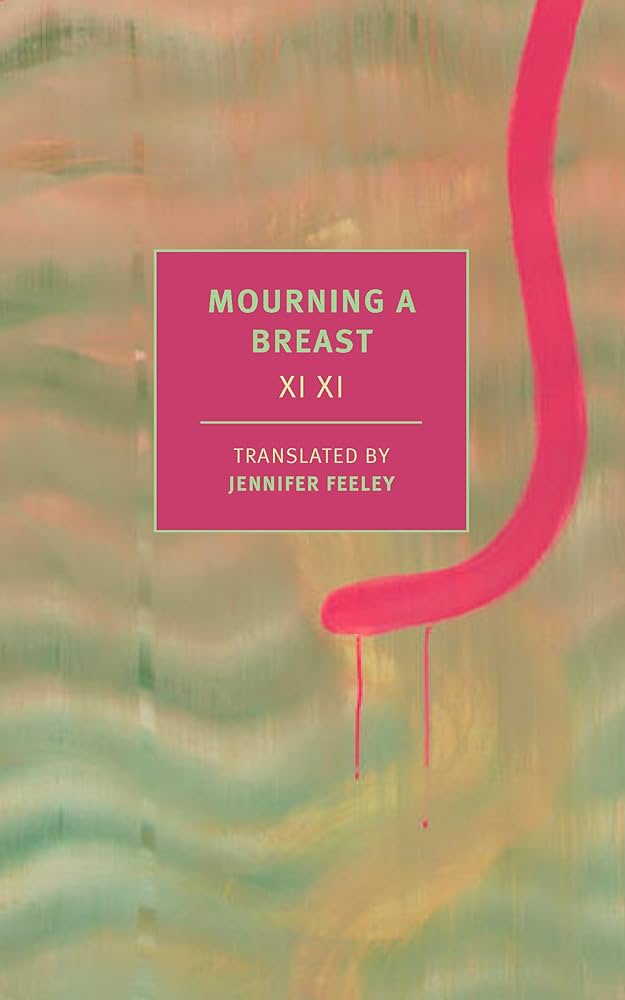
New York Review Classics, pp. 400
Penned by one of Hong Kong’s essential working class chroniclers, the poet Xi Xi – this tells about the author’s journey dealing with illness after being diagnosed with breast cancer and having to undergo a mastectomy.
But this is so much more than a memoir about illness. By turn earnest and plainly written or formally inventive and playful – it’s a quiet, slow-burning read that while not gesturing at any big takeaways or consolation captures something very real about the importance of everyday life and the strange experience of living in a body.
JAMES, Percival Everett
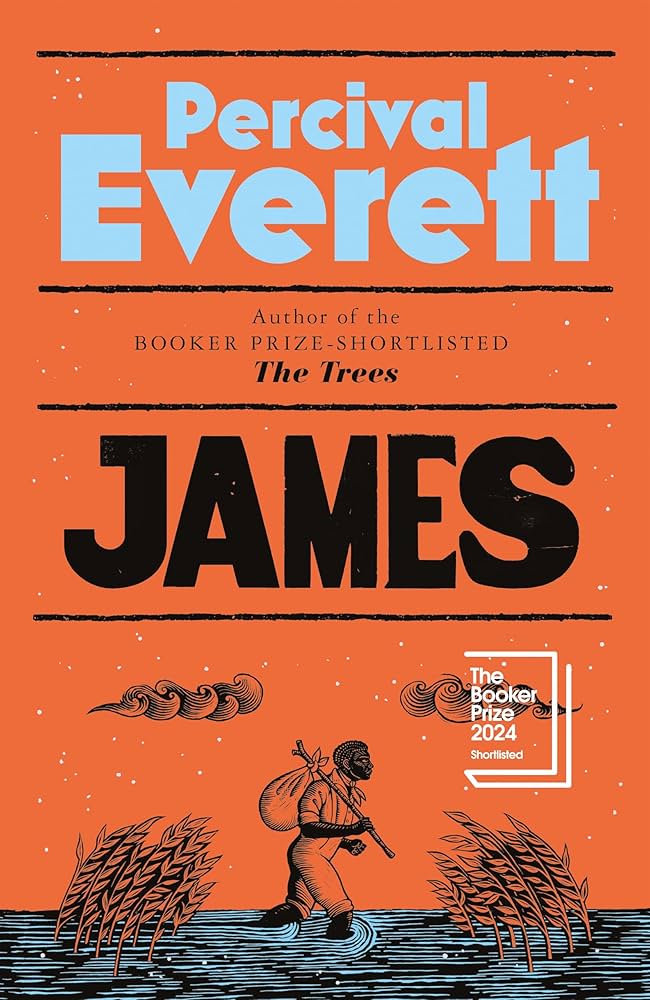
Mantle, 320 pp.
A biting retelling of Mark Twain’s classic The Adventures of Huckleberry Finn that takes on the point-of-view of Jim, the black slave that accompanies Huck on some of his wanderings around the Mississippi River – James is another of this year’s unquestionable big hitters.
Purists may feel this is a cop out, Everett’s final surrender to the logics of the market and success, but I thought it struck a happy medium, managing to be more accessible and at the same time conserving much of the satire and metafictional fun of the original.
Bartolomeo Sala is a writer and reader based in London. His writing has appeared in Frieze, Vittles, and The Brooklyn Rail.
Header image composite courtesy of Mantle, New York Review Classics, Chatto & Windus, Cannongate, John Murray, Sceptre, Bloomsbury Circus, and Jonathan Cape.